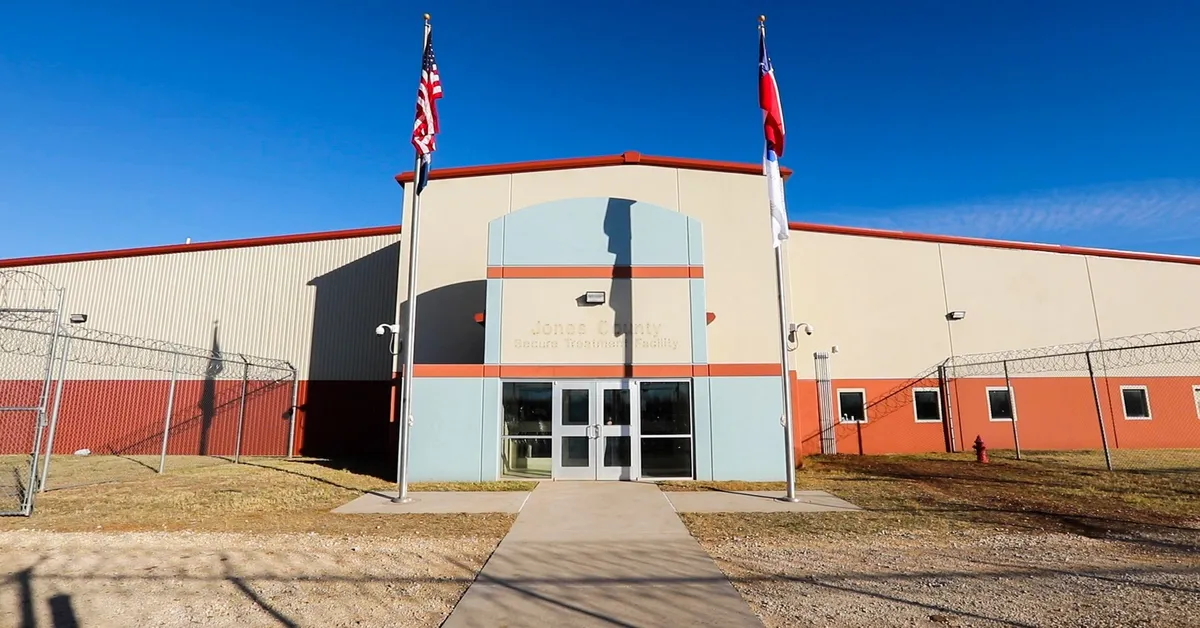
On April 19, 2023, the U.S. Supreme Court issued a temporary order preventing the Trump administration from deporting a group of Venezuelan migrants accused of gang affiliation. This decision came in response to urgent pleas from the men's legal representatives, who argued that their clients faced imminent deportation without the necessary judicial review previously mandated by the court.
This case raises significant questions about the authority of President Donald Trump, particularly given his history of occasionally defying court rulings since taking office on January 20, 2023. The situation has the potential to escalate into a confrontation between two co-equal branches of government, possibly leading to a constitutional crisis. In their unsigned decision, the justices directed the government to refrain from removing any members of the group of detainees from the United States until further notice.
Details regarding the number of Venezuelans facing deportation and their intended destination remain unclear. However, reports indicate that the Trump administration has already deported over 200 Venezuelan and Salvadoran men to a maximum-security prison in El Salvador, branding them as gang members. One notable case involved Kilmar Abrego Garcia, a Salvadoran immigrant who was mistakenly removed, prompting widespread criticism of the administration's immigration policies.
Lawyers and family members of the migrants assert that many of them are not gang members and have been denied the opportunity to contest the government's claims. The White House has not provided immediate comments regarding the Supreme Court's decision. Nonetheless, White House Deputy Chief of Staff Stephen Miller expressed concerns over the legal representation afforded to foreign nationals, stating that Americans affected by crime lack similar recourse.
The American Civil Liberties Union (ACLU) played a critical role in this legal battle, filing urgent requests in multiple courts, including the Supreme Court. They reported that some of the Venezuelan men had already been loaded onto buses in preparation for deportation. The ACLU contended that the administration intended to utilize a 1798 wartime law to expedite these deportations without granting the migrants a fair chance to contest their removal, as previously ruled by the Supreme Court.
Lee Gelernt, the ACLU's lead attorney, expressed relief that the Supreme Court intervened to prevent the deportation of the men, who were at risk of spending their lives in perilous conditions without judicial recourse. Several detainees even took to TikTok to share their plight, claiming they were wrongfully accused and held at the Bluebonnet immigration detention center in Texas.
President Trump, who was elected on a platform promising strict immigration enforcement, invoked the 1798 Alien Enemies Act to justify his administration's swift deportation of individuals associated with the Tren de Aragua gang, which is suspected of various crimes, including human trafficking. Trump's administration has consistently maintained that they possess broad executive authority over immigration matters, challenging the balance of power within the government.
During a recent hearing, a government attorney indicated that deportations could proceed as early as Saturday. However, the Supreme Court's decision to grant a stay complicates these plans. An appeals court sided with Trump on Friday, although a District Judge expressed concerns over the potential for additional deportations without proper judicial oversight.
As legal proceedings continue, the Supreme Court has prompted the administration to respond to the ACLU's requests following the actions of the Fifth Circuit Court. The core issue revolves around whether the Trump administration complied with the Supreme Court's requirements to provide adequate due process before deporting the detainees.
The deportation of these Venezuelan migrants would mark the first such action since a recent Supreme Court ruling that affirmed the use of the 1798 law while mandating that individuals must receive timely notice to seek habeas corpus relief. This legal principle allows detainees to challenge the legality of their detention, a fundamental right enshrined in U.S. law. The Supreme Court has yet to define how much notice should be afforded, although legal experts argue that a 30-day notice period is reasonable for detainees to contest their deportations.
When questioned about the deportations, Trump claimed to be unaware of the specifics but reiterated his support for deporting individuals deemed dangerous, asserting that such actions align with his electoral mandate. Meanwhile, defense attorneys and Democratic lawmakers have called upon the administration to substantiate its claims regarding the detainees' alleged gang affiliations.
In response to the ongoing legal challenges, Assistant Secretary for U.S. Homeland Security Tricia McLaughlin stated that while the administration will comply with the Supreme Court's ruling, they cannot disclose details of counterterrorism operations.